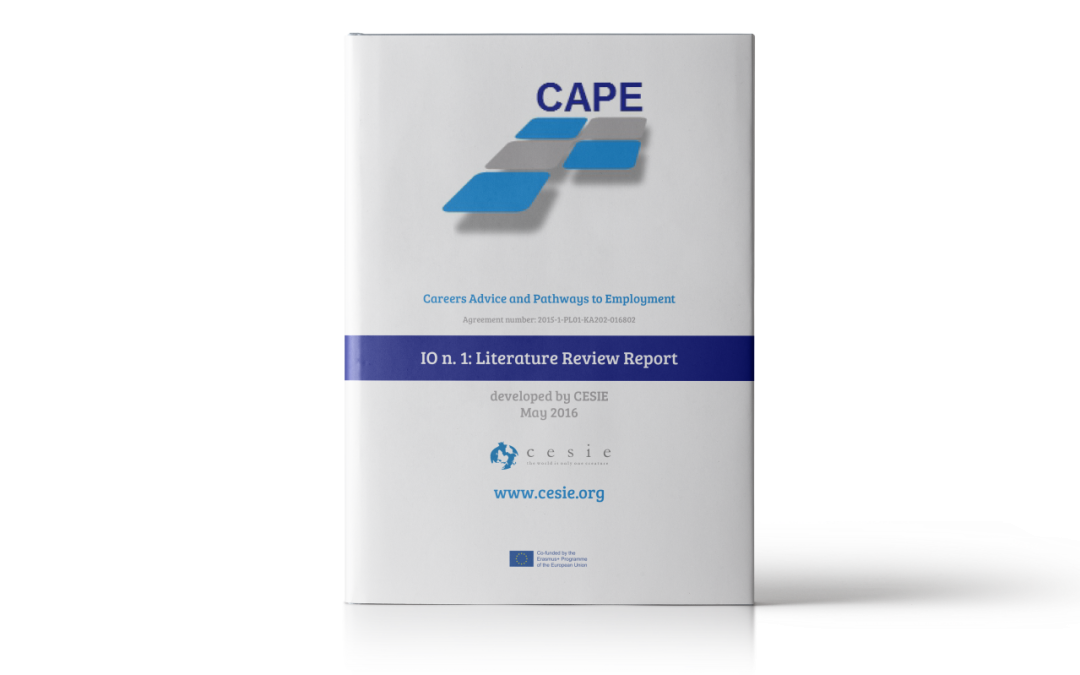local workshops with school students and youngsters about gender stereotypes and sexual violence and harassment.


local workshops with school students and youngsters about gender stereotypes and sexual violence and harassment.

This methodology provides innovative teaching methods for elementary and primary school teachers to use archaeology to introduce science in the classroom.

This methodology provides innovative science education practices that elementary and primary teachers can use in their classrooms.

This methodology presents a New Concept of Scientific Literacy, considering the challenge of new technologies and their influence at school.

This publication is one of the intellectual outputs of TABLIO on the topic of classroom differentiation and inclusion in general and classroom differentiation with mobile devices in particular.

The Literature Review Report provides an overview of the existing careers guidance practices and initiatives in schools and VET providers for young people at risk of ESL.

Il video racconta CARMA, un’innovativa iniziativa europea che promuove l’adozione dell’approccio maieutico reciproco per trasformare l’ambiente scolastico.

The second CARMA newsletter details the selection of CARMA as a success story for social inclusion for the 30th Anniversary of Erasmus+ and its new video.

The reader aims at helping teachers analyze “critical incidents”, which come up through their work with children or parents from other cultural backgrounds, and facilitate the identification of concrete solutions to the problem.

This handbook contains two introductory texts and 15 activities developed and tested to specifically address diversity and non-discrimination during early childhood education.

The purpose of the reader is to provide well working practices about involving parents through case studies and activities.

The report explores the real needs and quantifies these needs to gain a deeper knowledge on how to adapt the non-formal learning methods (to be introduced during the piloting phase) to each community and respective school system.

This report shows the findings from the evaluation of the learning outcomes of teachers who attended the European Workshop for collaborative competencies for Teachers as part of the project CARMA – RMA and other non-formal learning methods for student motivation.

This report is a result of an in depth research study for the project CARMA – RMA and other non-formal learning methods for student motivation, carried out across 7 European countries (Italy, Spain, France, Portugal, Turkey, Belgium and Austria)

This newsletter details the progress made on the project CARMA – RMA and other non-formal learning methods for student motivation since it began in January 2016.